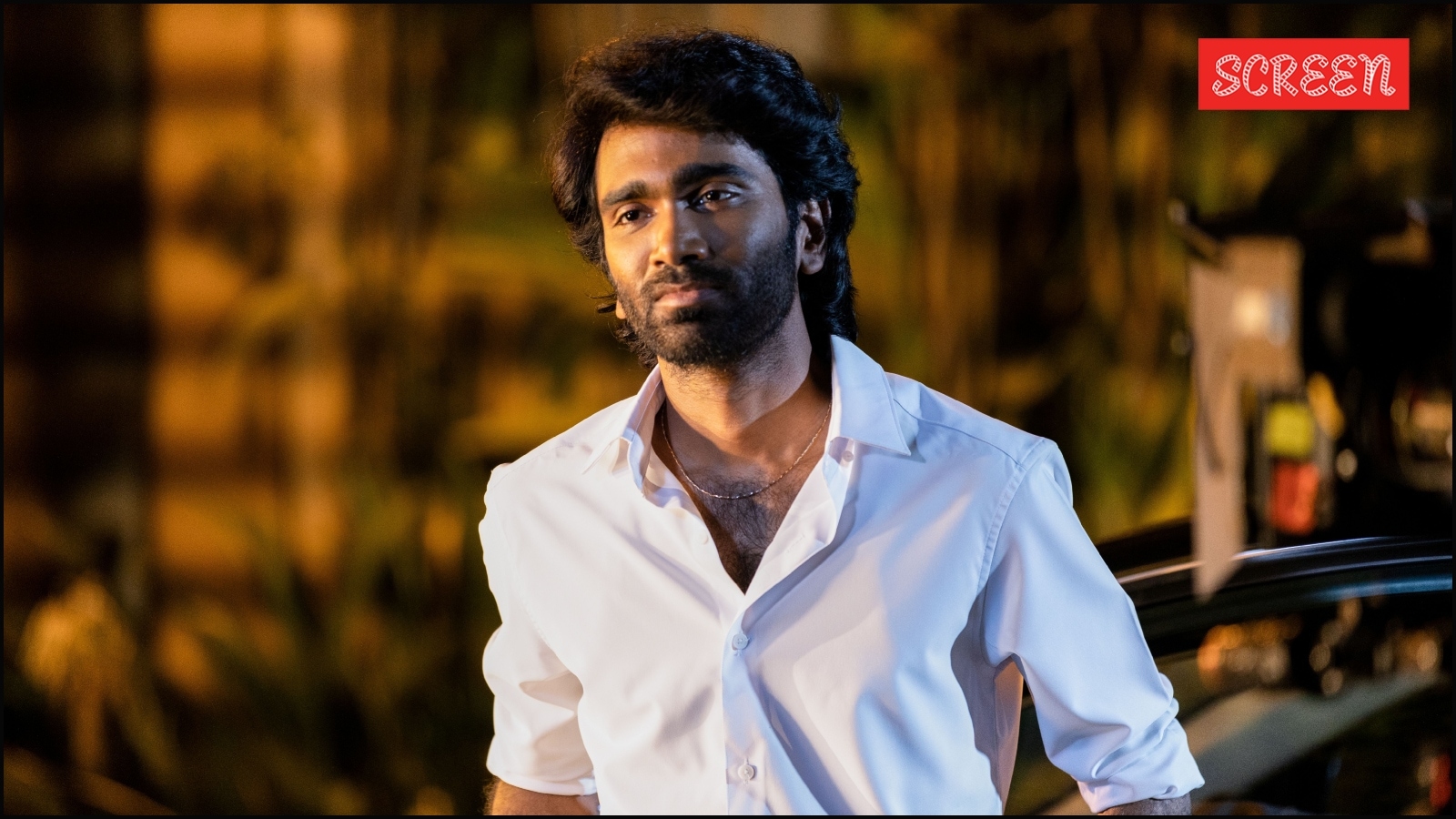 |
|
Ashwath Marimuthu's Dragon is a compelling Tamil film that delves into the complexities of morality and redemption. The story centers around D Ragavan, a seemingly ordinary individual who transforms into a 'Dragon,' a college hooligan, defying societal expectations. The film's brilliance lies not in portraying a simple good versus evil narrative, but in exploring the nuanced gray areas of human behavior. Ragavan's journey is not a linear progression from bad to good; instead, it's a circuitous path fraught with mistakes, self-discovery, and ultimately, a hard-earned path to acceptance. The narrative masterfully weaves together seemingly disparate events, initially presenting seemingly random details that later converge to form a cohesive and impactful story. This method keeps the audience engaged, forcing them to question their assumptions and predictions about the protagonist's trajectory. The film's strength lies in its ability to subvert expectations; just when you think you've anticipated Ragavan's next move, the narrative takes an unexpected turn, highlighting the unpredictable nature of life.
Pradeep Ranganathan's portrayal of Ragavan is nothing short of exceptional. He seamlessly transitions between the character's various facets – the studious student, the rebellious hooligan, and the successful professional – showcasing a remarkable range and depth of acting ability. His performance is not just captivating; it's a testament to his skill in conveying both the external actions and the internal struggles of a man grappling with his identity and choices. The supporting cast also delivers stellar performances. Mysskin's portrayal of the ethical yet accommodating principal, Mayilvahanam, is particularly noteworthy. His character embodies wisdom and understanding, offering a counterpoint to Ragavan's more impulsive nature. The female characters, while arguably under-developed in terms of their individual storylines, contribute significantly to the film's emotional core. Anupama Parameswaran, Kayadu Lohar, and Indumathi each bring their characters to life with nuance and subtlety, reflecting the emotional complexities within the narrative. This diverse ensemble cast creates a tapestry of human experiences that complements the overarching theme of self-discovery and redemption.
The film's success extends beyond the acting prowess to its meticulous storytelling. Ashwath Marimuthu's direction is both confident and subtle, showcasing a keen understanding of pacing and narrative structure. The film is structured as a series of interwoven micro-narratives, each with its own beginning, climax, and resolution. This unconventional approach maintains a high level of audience engagement, ensuring that the film never feels monotonous or predictable. Leon James's musical score effectively amplifies the emotional undercurrents of the film, underscoring the shifts in tone and mood with precision and nuance. Niketh Bommi's cinematography further enhances the film's visual storytelling, highlighting the contrasts between Ragavan's various worlds and emphasizing the emotional weight of certain scenes. The film is not without its flaws, however. Certain plot points feel rushed or underdeveloped, and the narrative occasionally demands significant leaps of faith from the audience. While this might enhance the surprise element in some places, it also risks leaving the viewer feeling slightly disoriented at times. Nonetheless, these minor shortcomings are ultimately overshadowed by the film's overwhelming strengths.
One of the most compelling aspects of Dragon is its thematic depth. The film tackles complex issues such as parental expectations, societal pressures, and the search for personal fulfillment. It explores the consequences of choices, the importance of taking responsibility for one's actions, and the possibility of redemption, even after significant transgressions. The film subtly critiques the concept of alpha males and societal expectations of success, offering a nuanced counter-narrative that champions empathy, understanding, and the acceptance of imperfection. The message, while preachy at times, is delivered with a captivating narrative that is impossible to ignore. The film also cleverly integrates various symbolic elements, utilizing subtle imagery and details to convey deeper meanings. From the title itself, ‘Dragon’ suggesting a fierce exterior hiding a vulnerable core, to the recurring motifs of cigarettes and computers, each element is used to further enrich the narrative and the character development.
In conclusion, Dragon is a captivating cinematic experience that leaves a lasting impression. Despite its minor flaws, the film's impactful storytelling, powerful performances, and nuanced exploration of complex themes make it a must-watch. The film’s unique structure and unexpected twists keep the audience thoroughly engaged, and the emotional depth of the narrative guarantees a satisfying, thought-provoking experience. While it embraces a clear moral compass and offers a powerful message about second chances, it does so without compromising the entertainment value, maintaining an engaging pace throughout. Ashwath Marimuthu has created a film that is both highly entertaining and deeply meaningful, a rare achievement that solidifies its place as a notable contribution to Tamil cinema.
Source: Dragon Movie Review: This Pradeep Ranganathan-Ashwath Marimuthu film passes with flying colours
